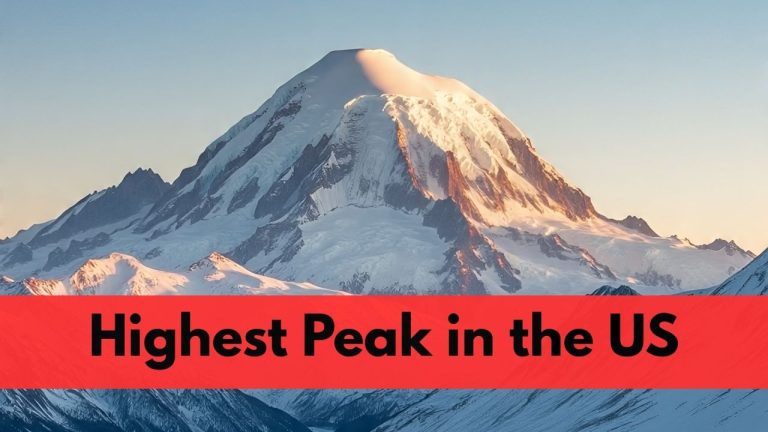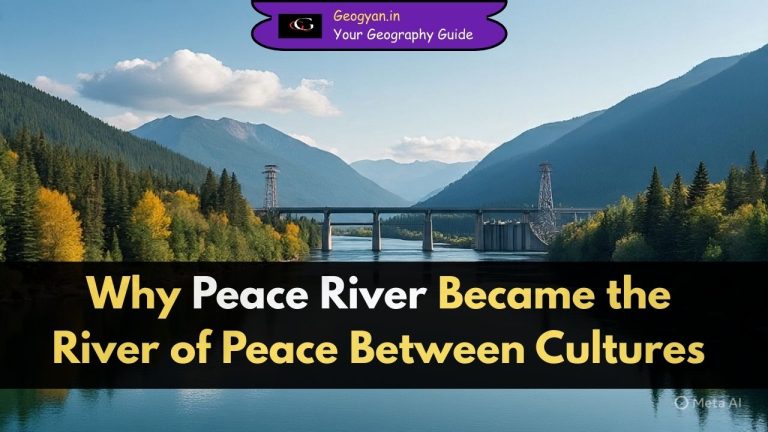Early Ocean Voyages: Ocean transportation has always provided significant advantages, enabling mobility and access to abundant food supplies. Coastal communities with advanced skills in raft-building and small-boat navigation enjoyed economic and nutritional superiority over less-skilled competitors. From the dawn of human civilization, understanding the ocean and its resources offered immense benefits to those willing to invest the time to learn.

The Beginnings of Ocean Voyaging
The earliest evidence of purposeful ocean travel—or voyaging—comes from trade records along the Mediterranean Sea. In the Early Ocean Voyages the Egyptians were pioneers in organizing riverine commerce along the Nile, but it was likely the Cretans and Phoenicians who became the first prominent ocean traders. After the Cretan civilization declined around 1200 BCE due to earthquakes and political instability, the Phoenicians rose to dominance. These skilled sailors ventured through the Strait of Gibraltar to trade as far as Britain and the West African coast, an extraordinary feat given the rudimentary ships of the time.
Greek Exploration and the Birth of “Oceanus”
Between 900 and 700 BCE, Greek seafarers began exploring beyond the Mediterranean, venturing into the Atlantic Ocean. Observing a north-to-south current beyond Gibraltar, they likened this vast water body to a flowing river, naming it “okeanos.” This term, adapted into Latin as “oceanus,” evolved into the modern word “ocean.” Both Greeks and Phoenicians typically stayed within sight of land but accumulated valuable navigational knowledge through their travels.
Early Navigation and Chart Making
Early mariners meticulously recorded navigational details to enhance safety and efficiency. These notes included the location of rocks, prominent landmarks, sailing times, and current directions. Mediterranean traders, among the first cartographers, created basic charts around 800 BCE to aid in their routine journeys. These early maps primarily served as memory aids, marking obvious features along trade routes. Modern nautical charts, in contrast, are sophisticated graphical representations focused on water-related information.
Contributions from Other Civilizations
Other cultures also made significant strides in ocean exploration. The Chinese developed an extensive network of inland waterways connected to the Pacific Ocean, facilitating long-distance trade. Meanwhile, Polynesian navigators mastered inter-island travel across Southeast Asia and the mid-Pacific as early as 3000 BCE. Despite having no direct contact with one another, these civilizations independently innovated navigation techniques, such as reading the stars and using the sun’s position.
Advancements Driving Ambitious Voyages
Curiosity and commerce motivated increasingly daring voyages. These endeavors required the integration of astronomical navigation, advanced shipbuilding technologies, accurate cartographic charts, and a growing comprehension of oceanic systems. Early voyagers laid the groundwork for marine science, the systematic study of oceans, by combining technical knowledge with practical experience.
Conclusion
The ocean has always been a gateway to opportunity, shaping civilizations through trade and exploration. Early mariners’ ingenuity and perseverance not only revolutionized navigation but also laid the foundation for the maritime sciences. Their legacy continues to inspire our understanding and exploration of the vast oceans that connect us all.





























